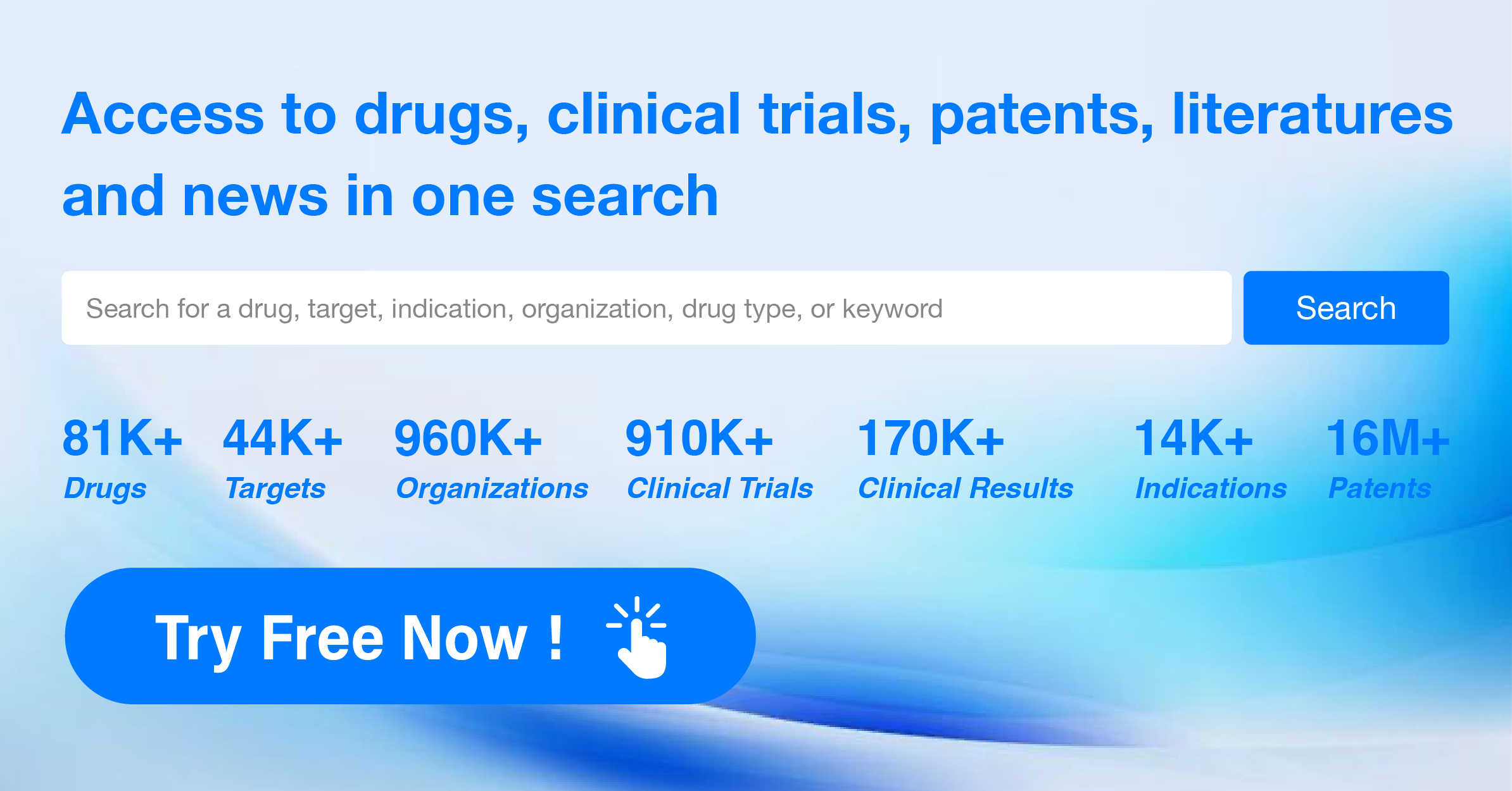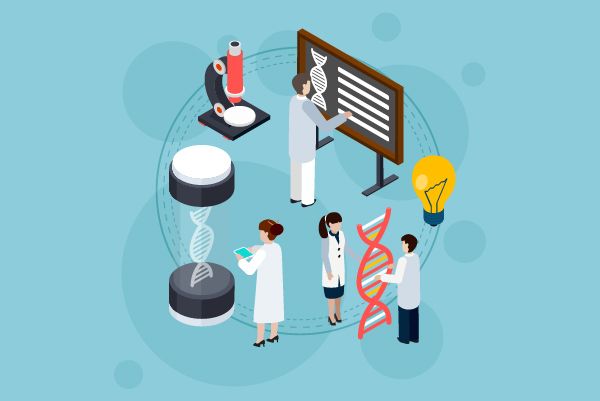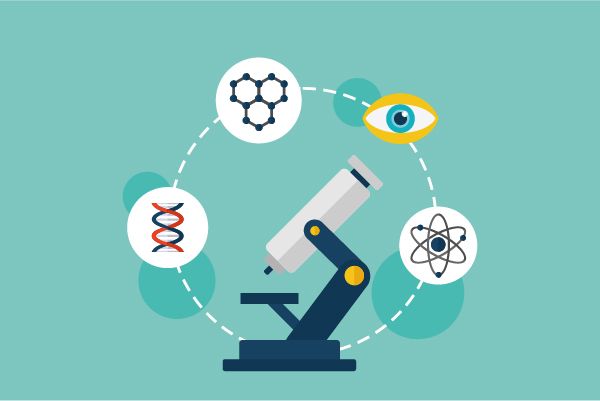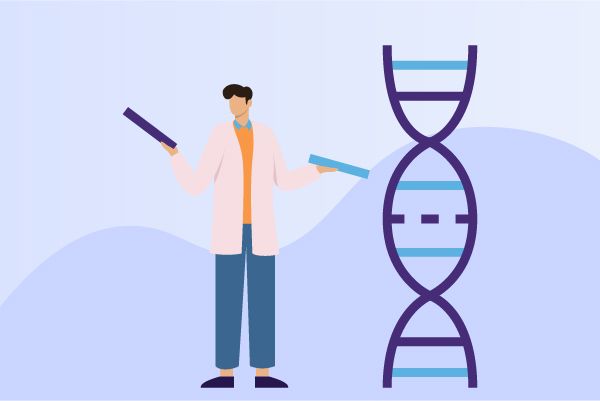What is Bioequivalence?
Bioequivalence is a pharmacological term used to describe the similarity in the pharmacokinetic profiles of two drug products, usually a brand-name drug and a generic drug. It refers to the condition where the rate and extent of absorption of the active ingredient(s) in the body are equivalent, leading to the same therapeutic effect.
Key aspects of bioequivalence include:
·Pharmacokinetics: Bioequivalence is assessed through pharmacokinetic studies that measure the concentration of the drug in the bloodstream over time.
·Regulatory Requirements: Regulatory agencies, such as the U.S. Food and Drug Administration (FDA), require generic drugs to be bioequivalent to their brand-name counterparts to ensure that they will have the same clinical effect and safety profile.
·Standards: For a generic drug to be considered bioequivalent, it must deliver the same amount of the active ingredient(s) to the patient's bloodstream in the same amount of time as the brand-name drug, with a certain degree of variation allowed.
·Therapeutic Equivalence: If two drugs are bioequivalent, they are considered therapeutically equivalent, meaning they should have the same clinical outcome when used for the same medical condition.
·Patient Safety: Demonstrating bioequivalence is important for ensuring that patients can switch between brand and generic drugs without affecting the efficacy and safety of their treatment.
·Cost-Effectiveness: Generic drugs are typically less expensive than brand-name drugs, and proving bioequivalence allows for cost-effective treatment options without compromising on quality.
·Study Design: Bioequivalence studies usually involve a single-dose, crossover design where participants receive both the brand-name drug and the generic drug under controlled conditions, and their blood is sampled over a period to measure drug concentrations.
Bioequivalence is a critical concept in the approval process for generic drugs, ensuring that patients and healthcare providers can have confidence in the performance of generic alternatives to brand-name medications.




